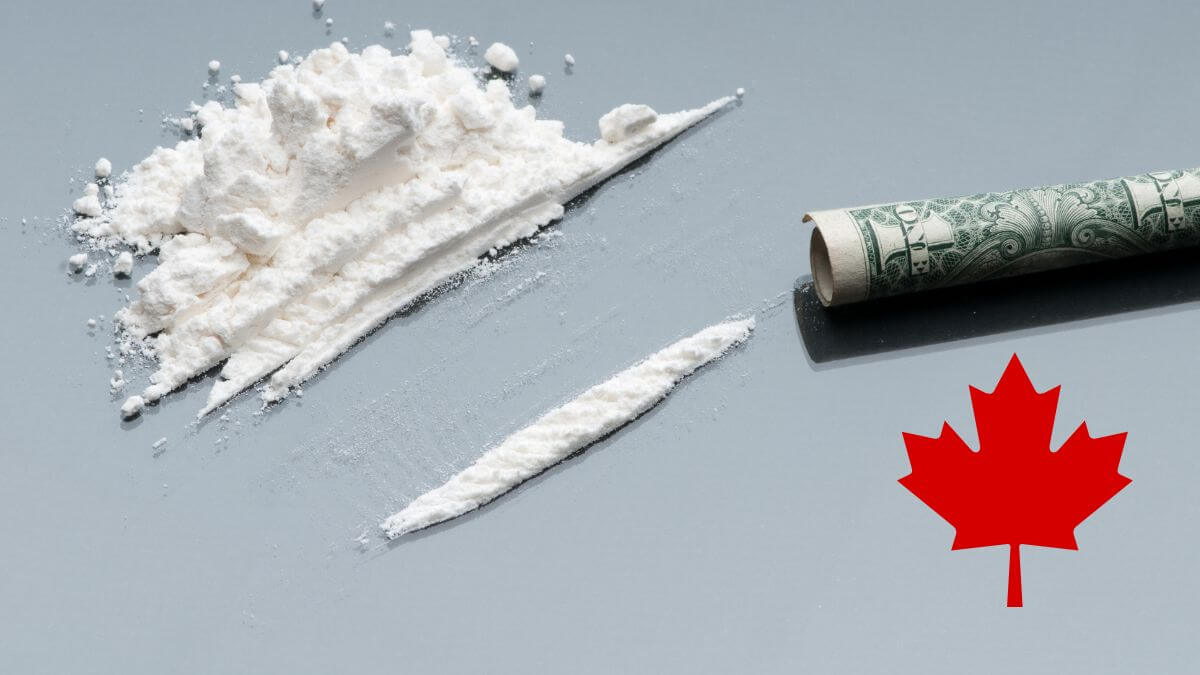
Canada was the first major country to legalise recreational cannabis, and now it continues sliding down the slippery slope towards legalising all hard drugs. The Canadian province of British Columbia has recently begun a trial decriminalising hard drugs such as cocaine and heroin. Adults can now possess up to 2.5g of these hard drugs, as well as methamphetamine, fentanyl and morphine. The drugs will remain illegal, however adults found in possession of less than 2.5g will not be arrested, charged or have their substances seized by Police. Instead, they will be offered information on health and social services.
What could possibly go wrong?
Read full story here.
Also, in another CBS News story, a British Columbia firm said it’s been approved by Health Canada to make and sell cocaine.
Adastra Labs said in a statement that Health Canada gave it approval to sell cocaine under its controlled substance dealer’s licence. Adastra’s CEO says:
“It will evaluate how the commercialisation of the substance fits in with its business model in an effort to position itself to support the demand for a safe supply of cocaine.”
Errr, is there such a thing as ‘safe supply of cocaine’?
Health Canada later clarified the parameters for granting the licence, saying the company is licensed to sell for scientific and medical purposes only.
“They cannot sell products to the general public,” Health Canada said.
Clearly the next step will be selling cocaine and other hard drugs directly to the public, in-sync with British Columbia’s decriminalisation of hard drugs.
British Columbia’s Leader of the Opposition, Kevin Falcon, criticised the new licensing:
“Cocaine isn’t prescribed, it isn’t safe, and this is wrong,” Falcon said. “Commercializing cocaine as a business opportunity amounts to legalizing cocaine trafficking, full stop.”
Read full story here.
